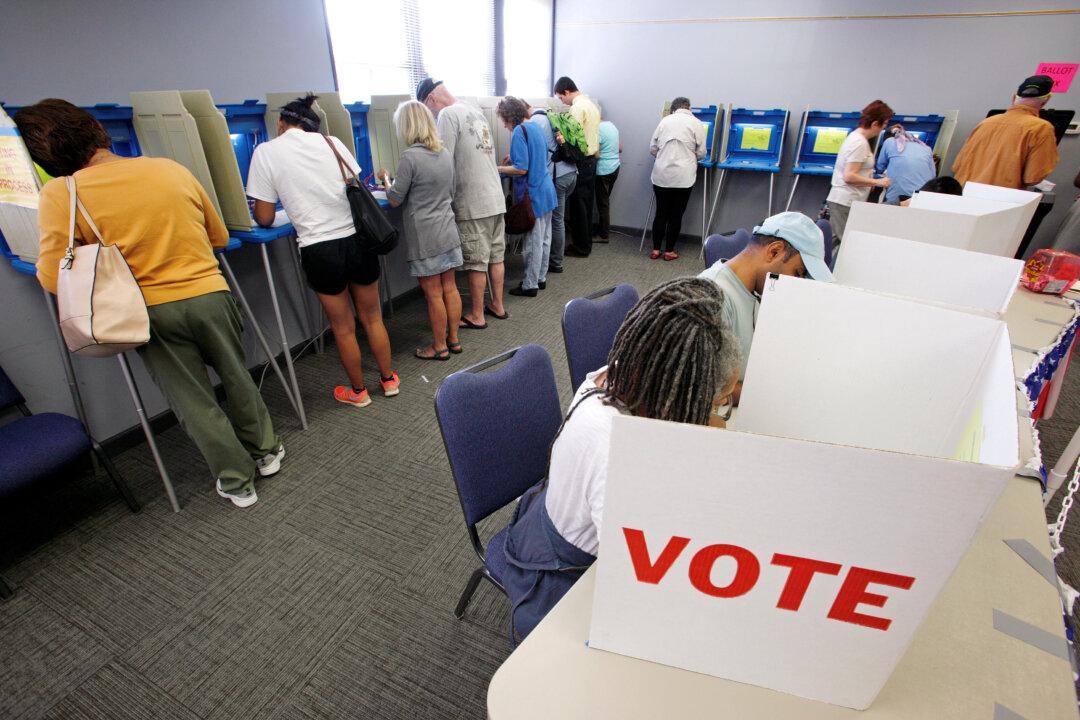The North Carolina Supreme Court ruled unanimously against allowing organizations and attorneys who assist in filing voter fraud cases on behalf of election protesters to be sued for defamation on Thursday.
The case stems from a 2017 lawsuit filed by the Southern Coalition for Social Justice on behalf of a group of Guilford County voters who claimed that they were falsely accused of illegal voting in the 2016 gubernatorial election in which Democrat Gov. Roy Cooper defeated incumbent Republican Gov. Pat McCrory.





